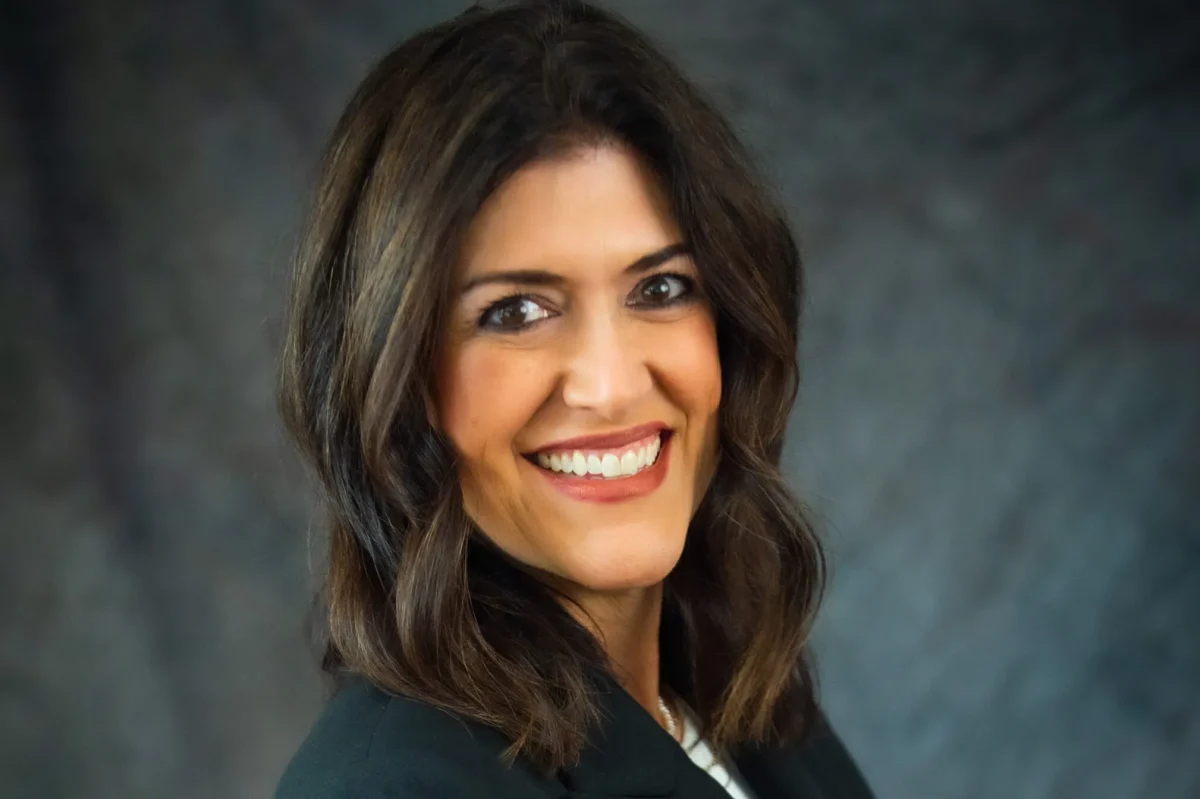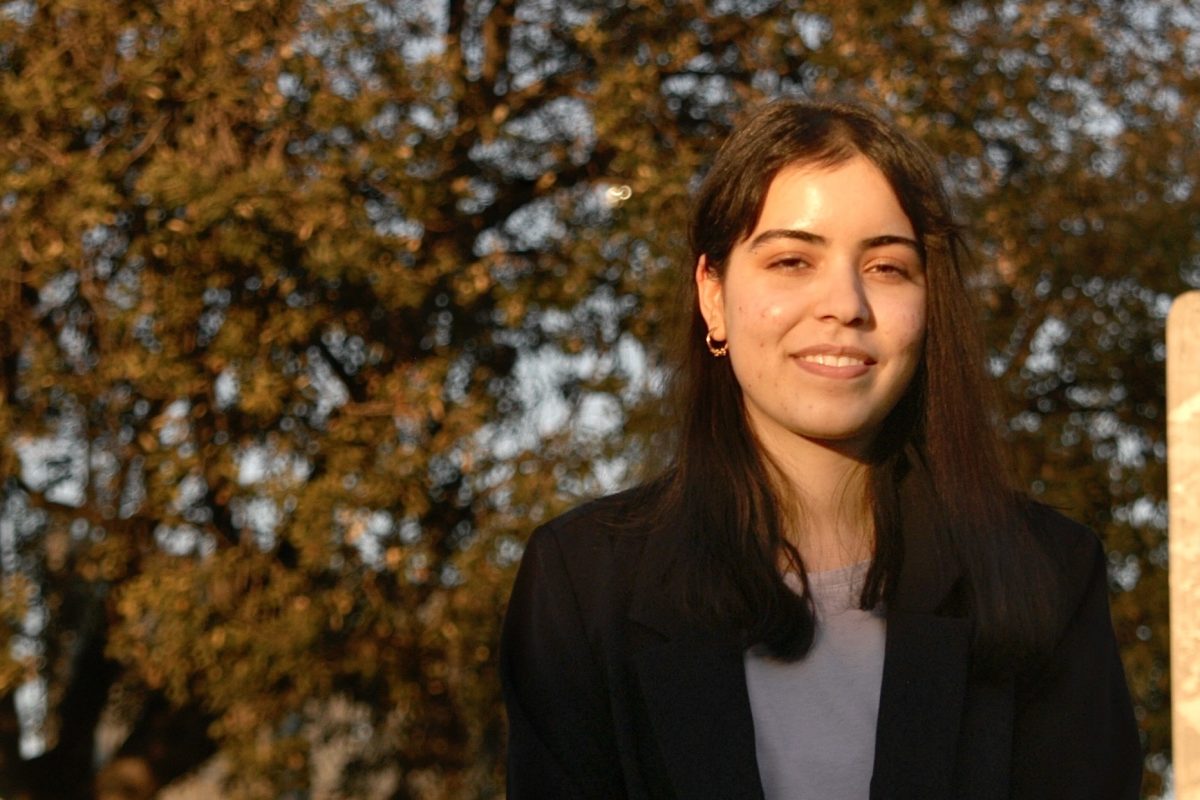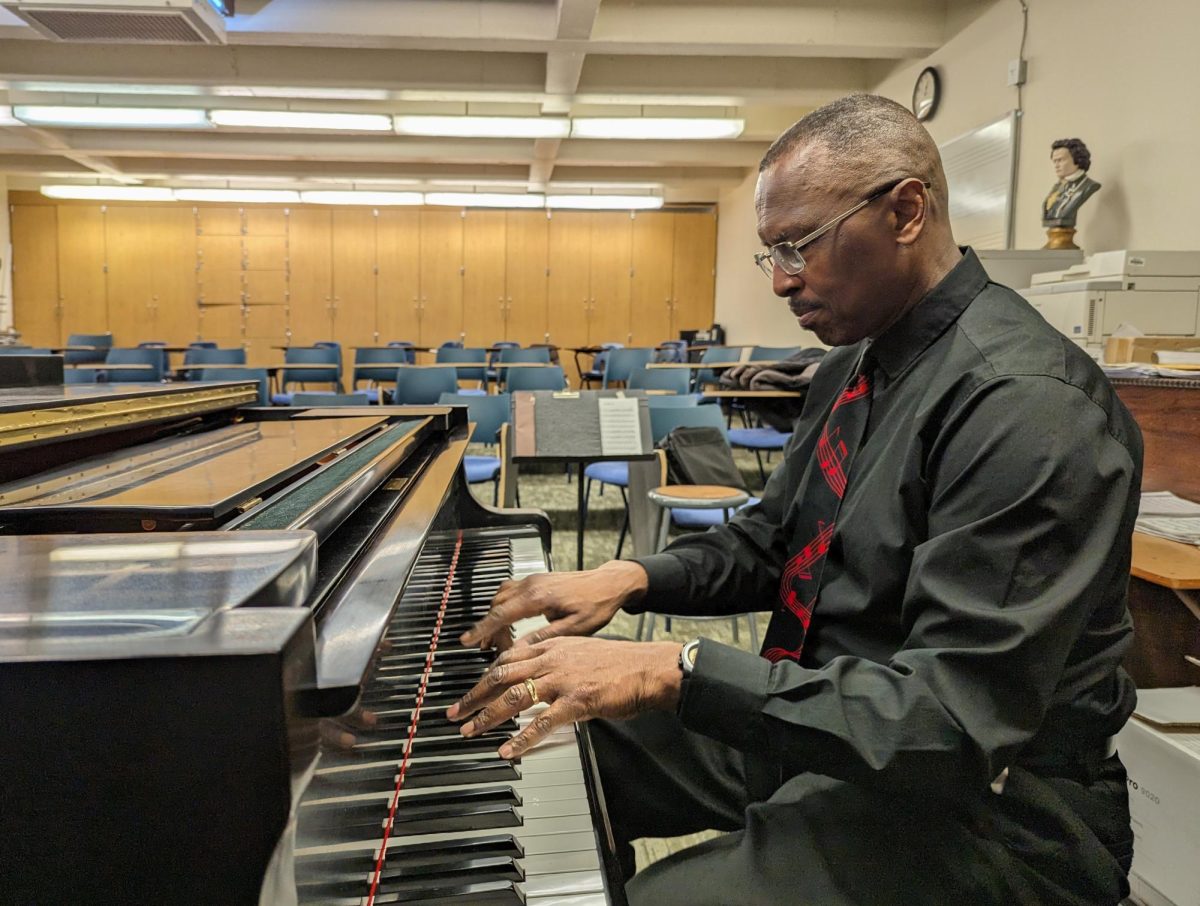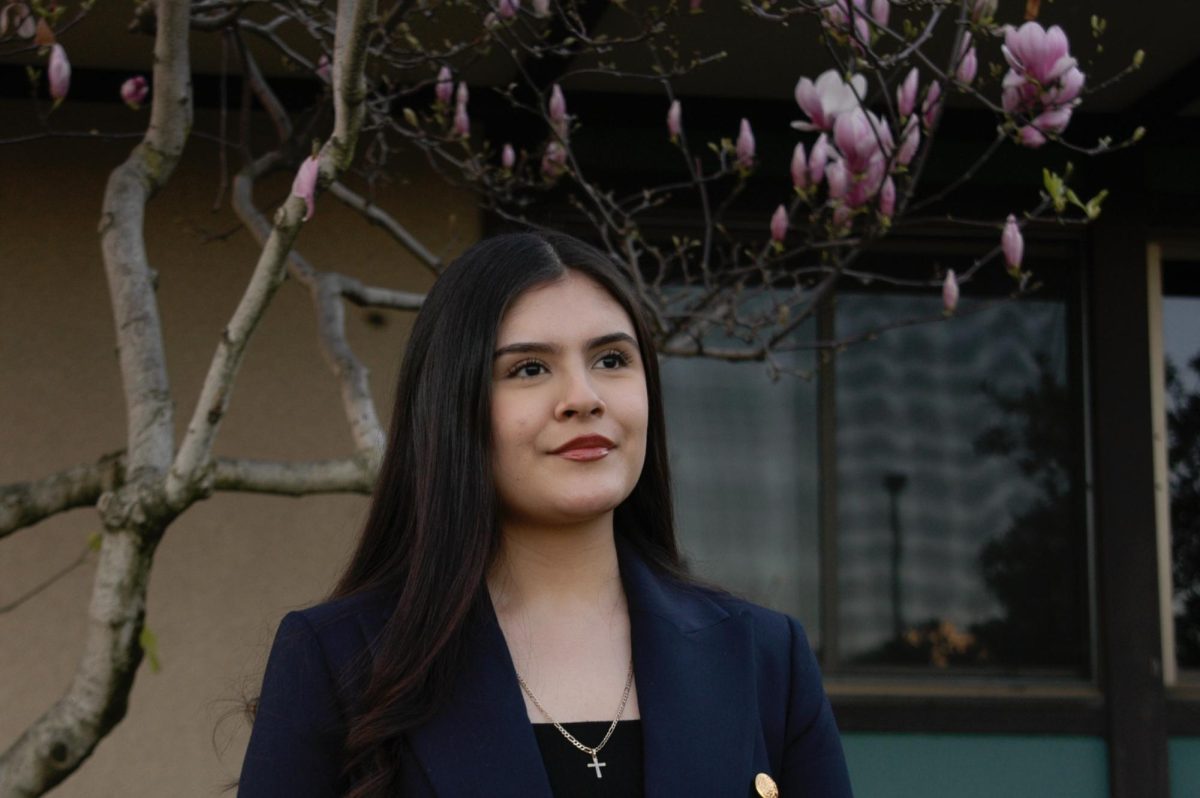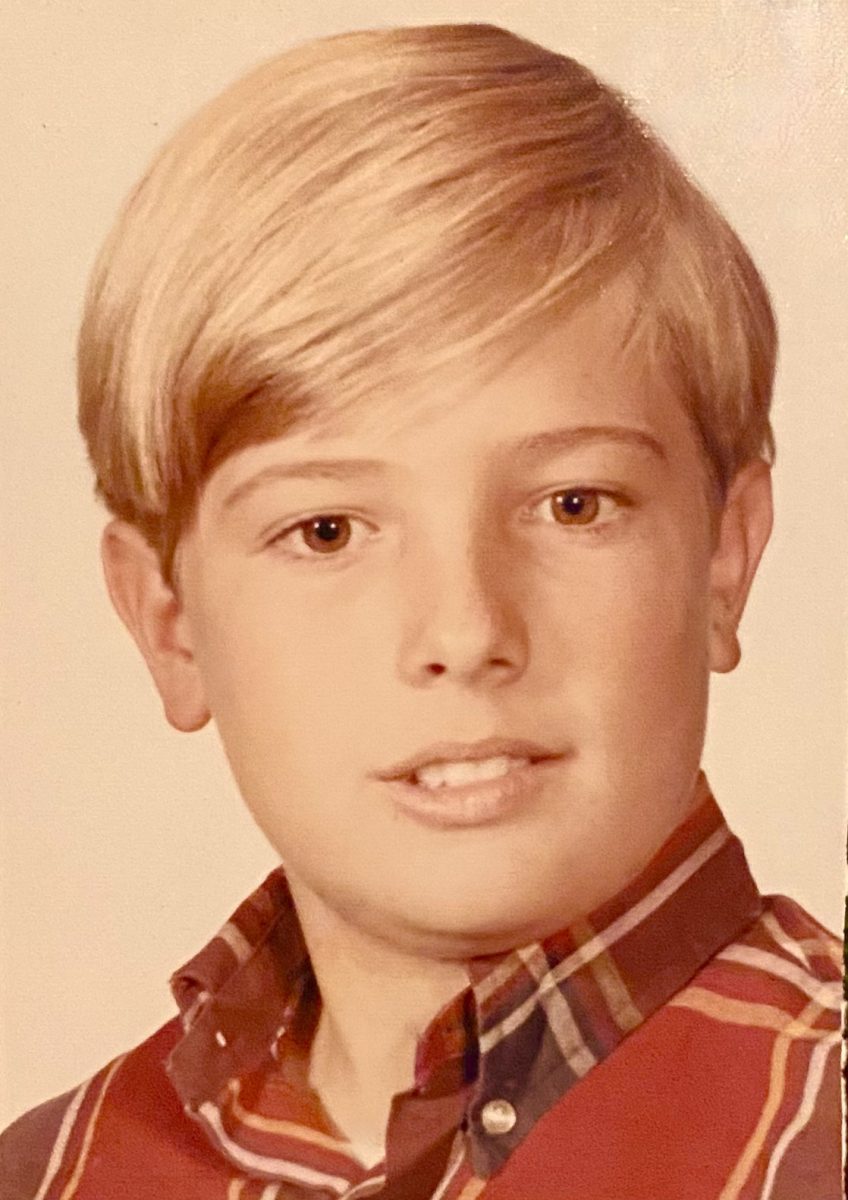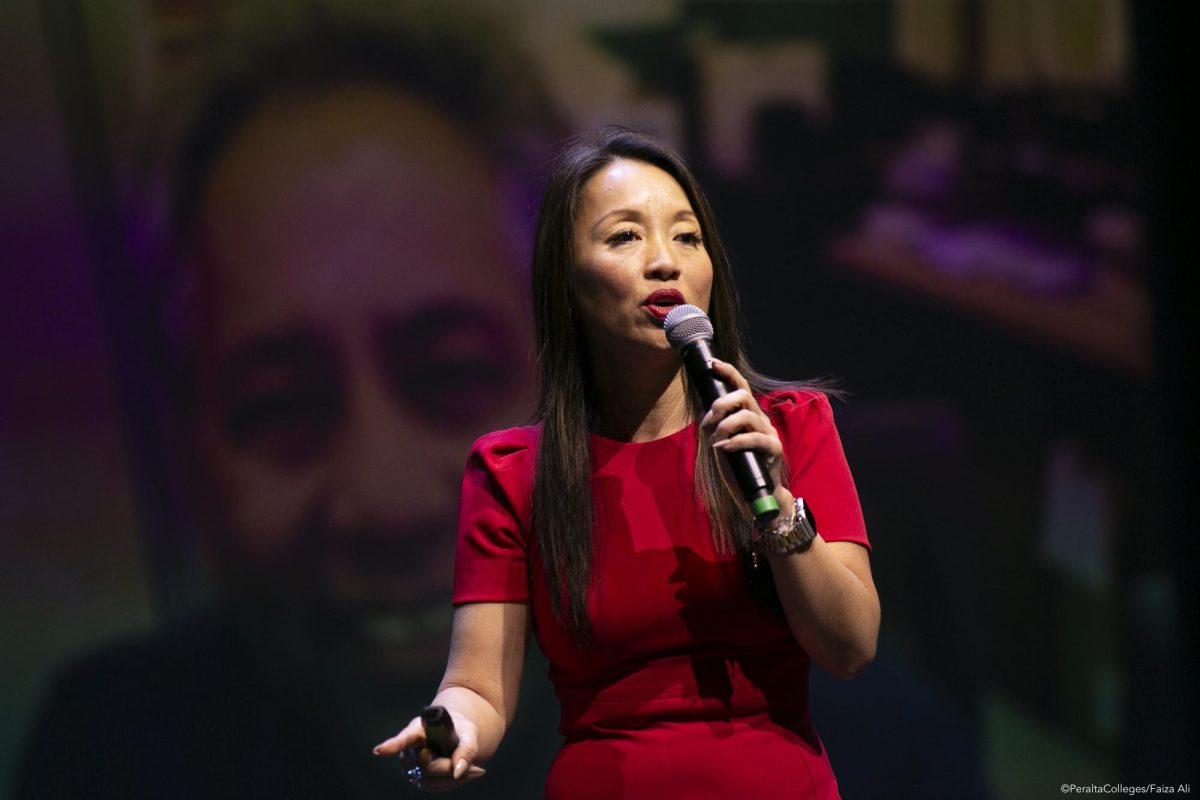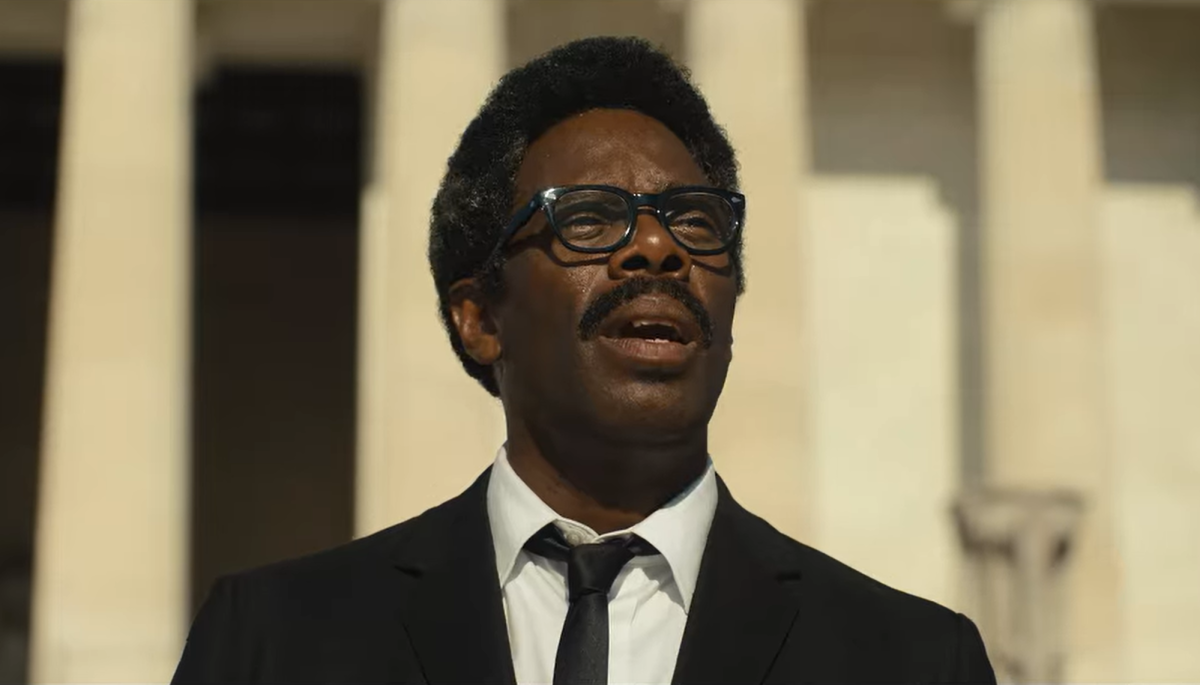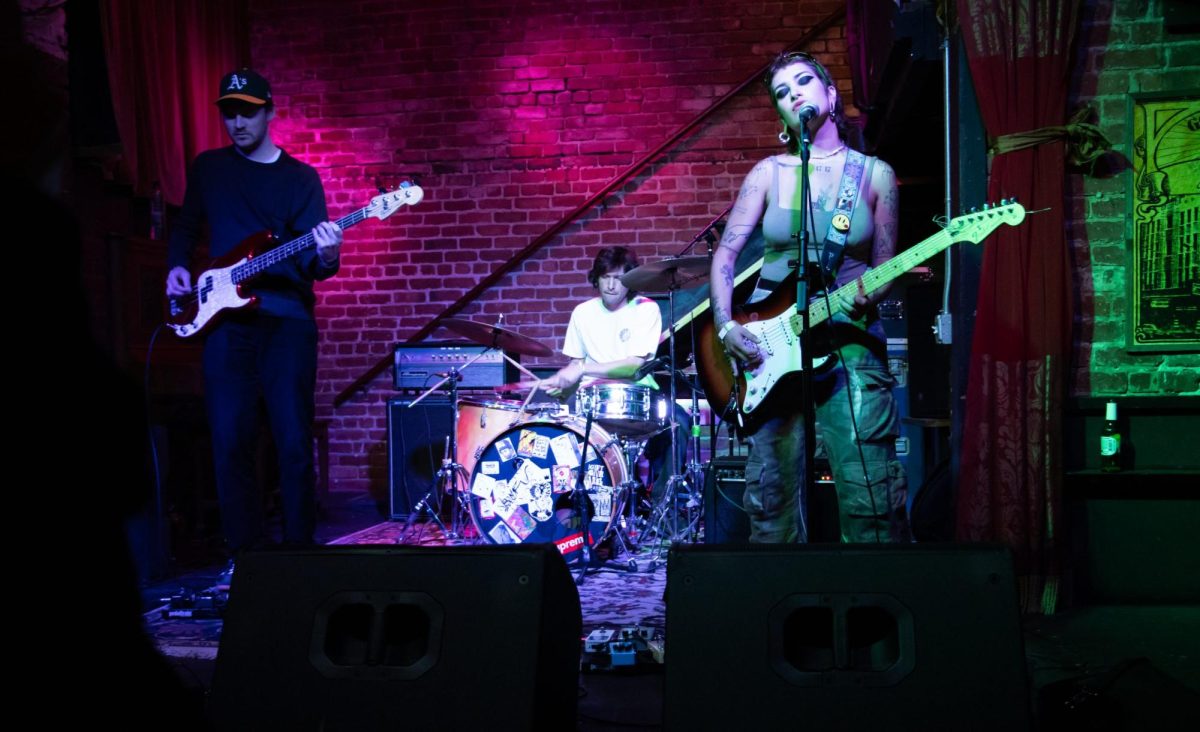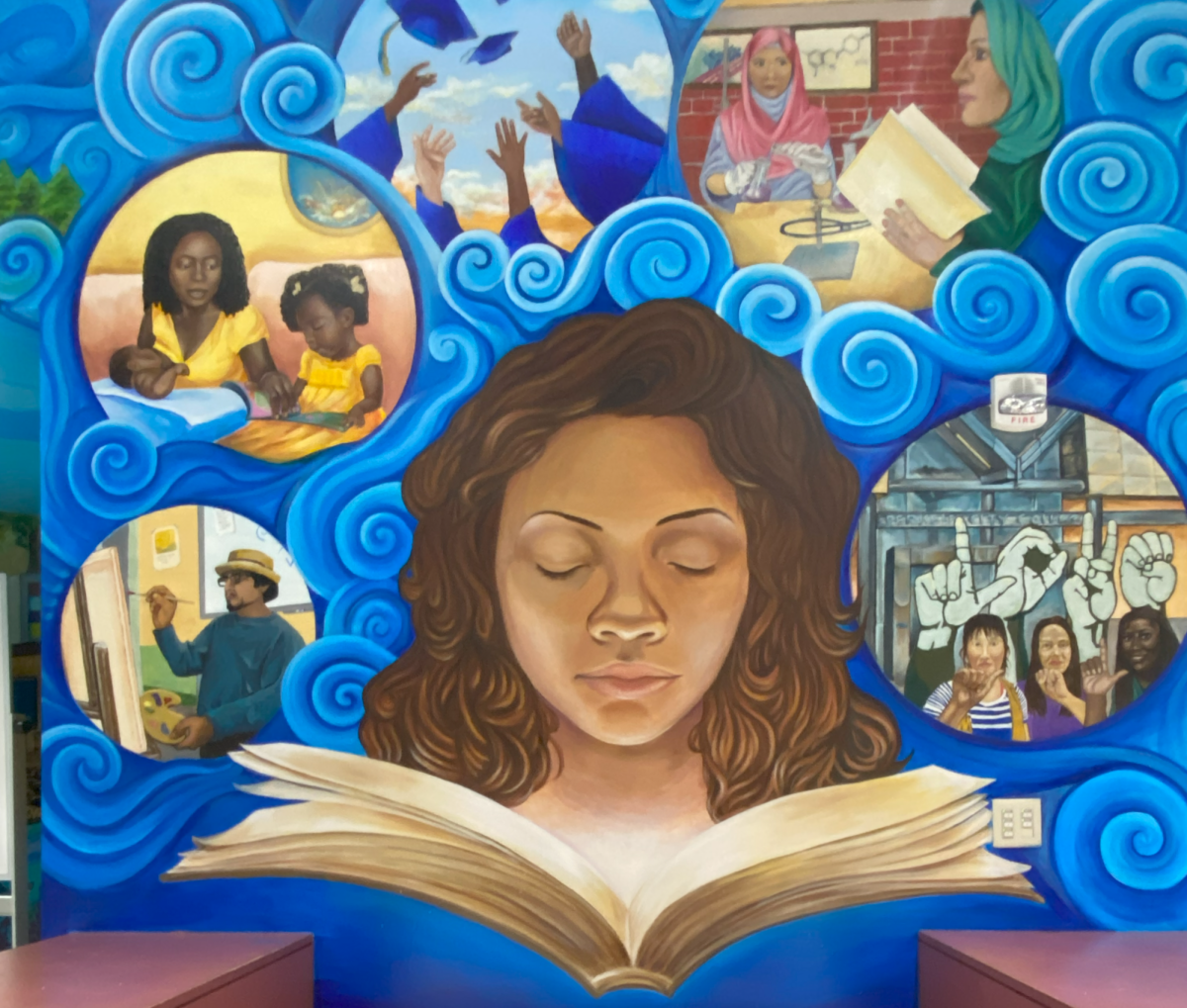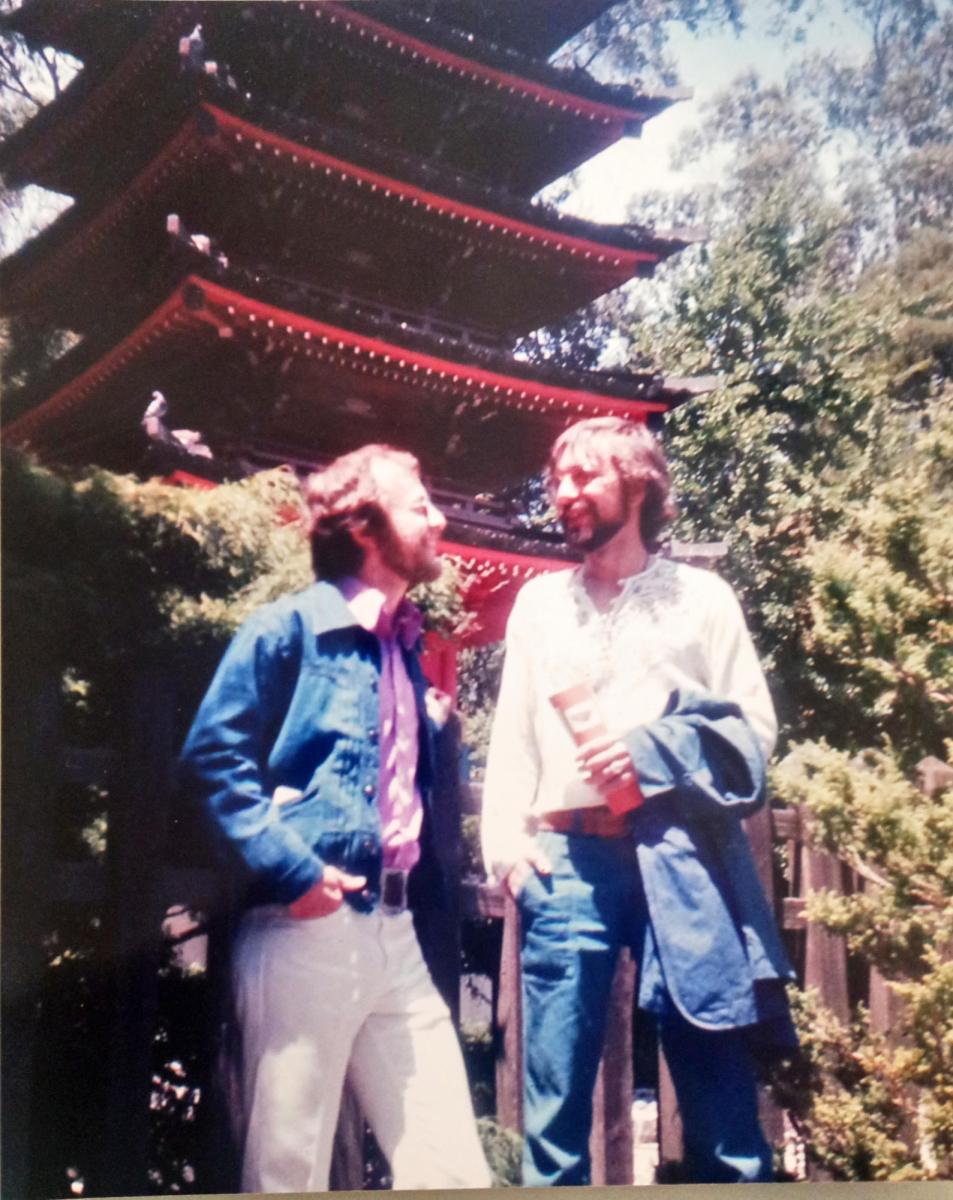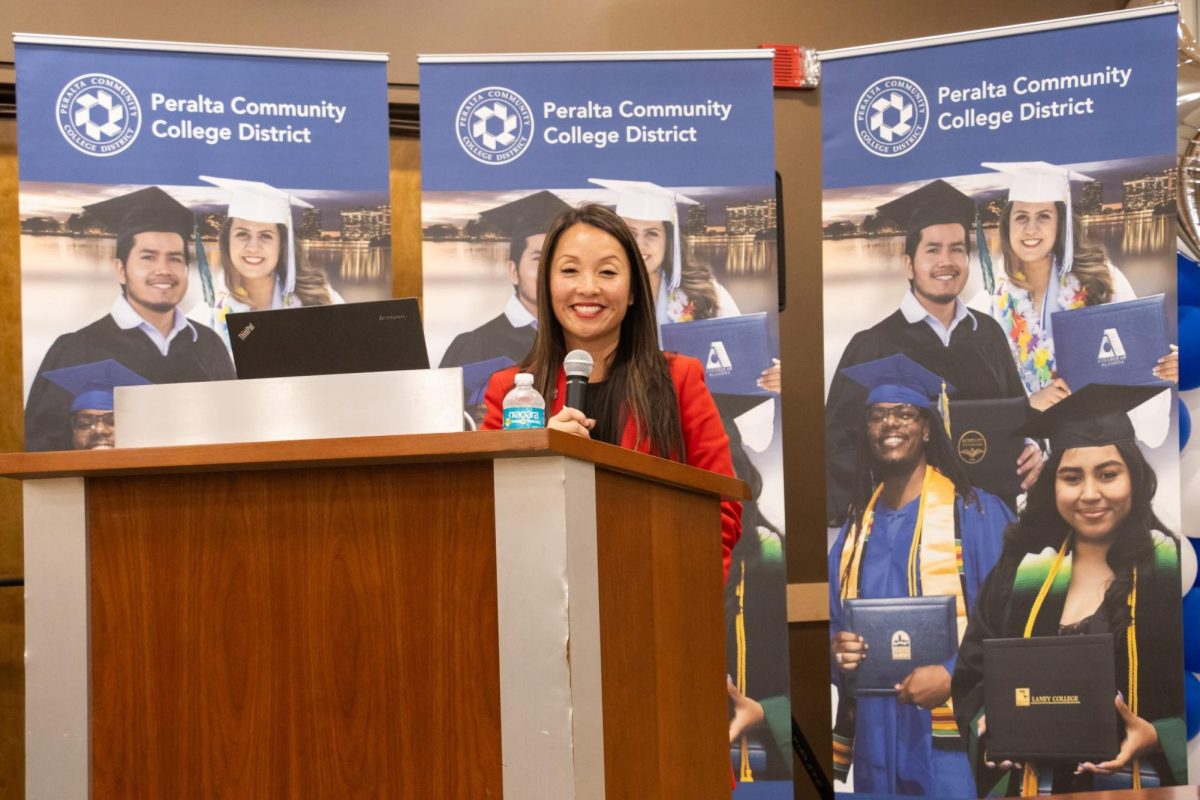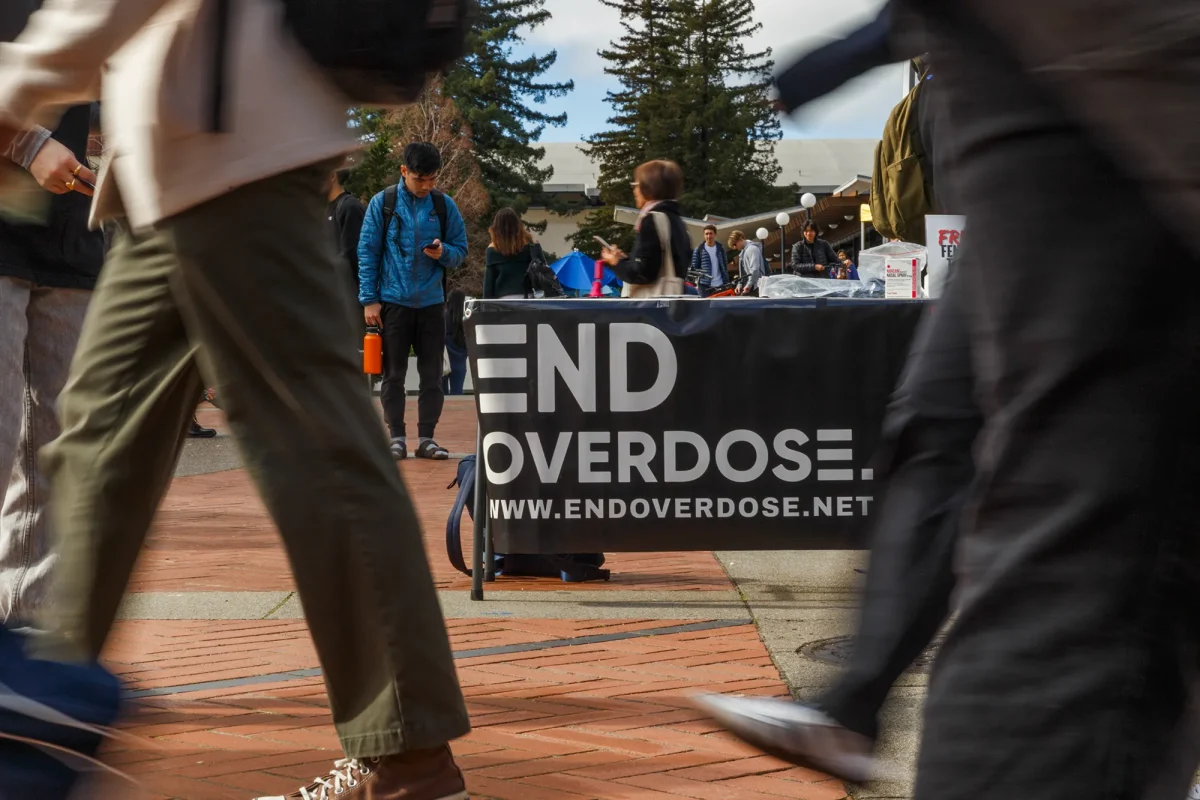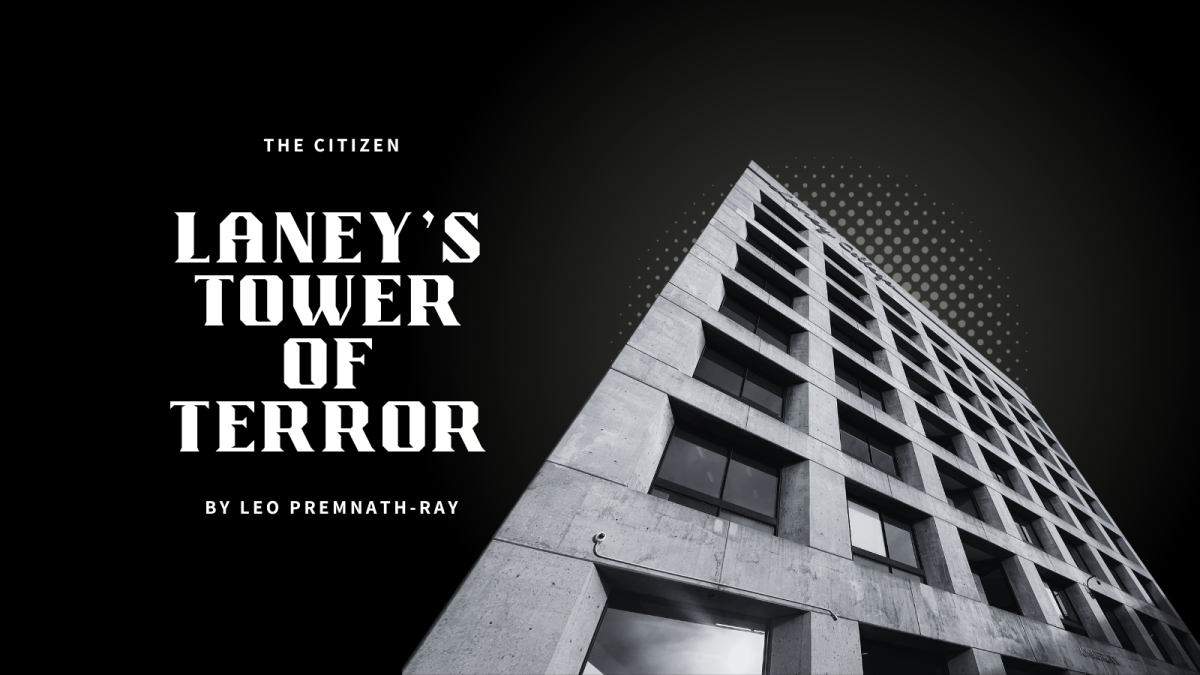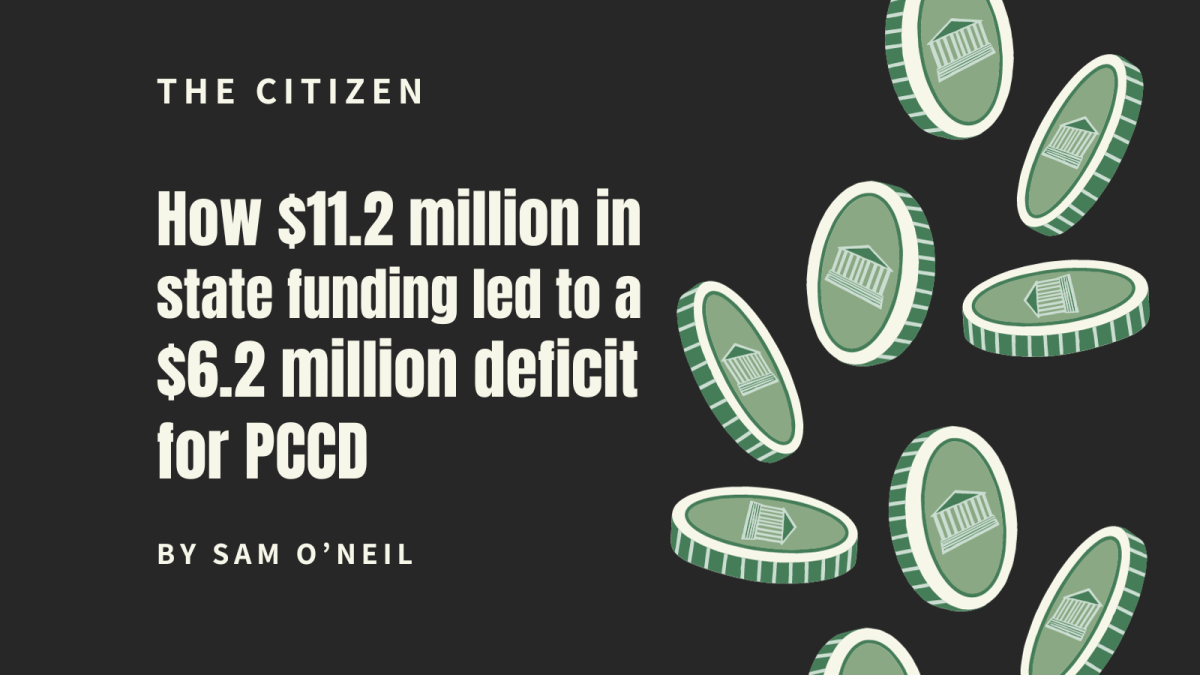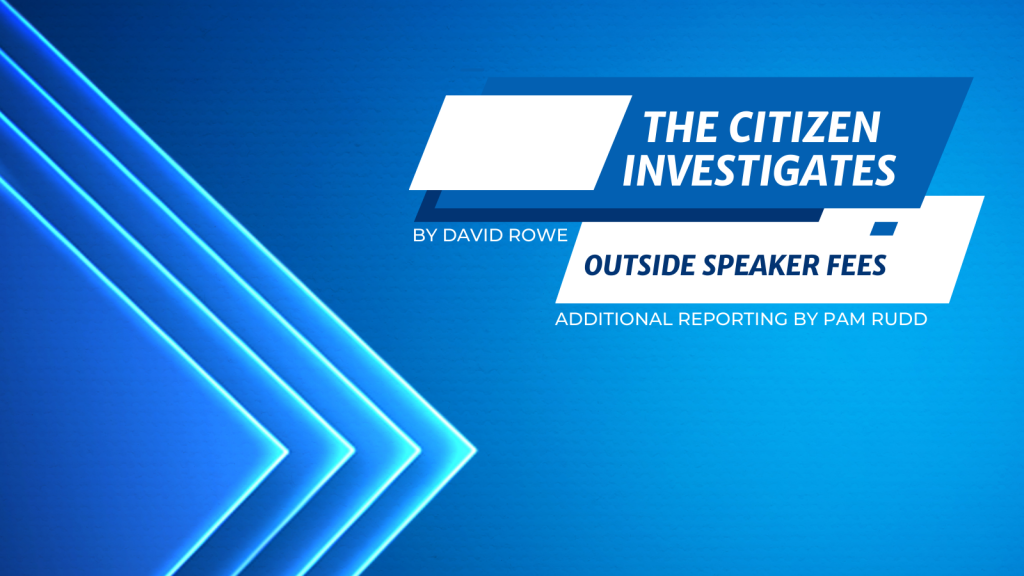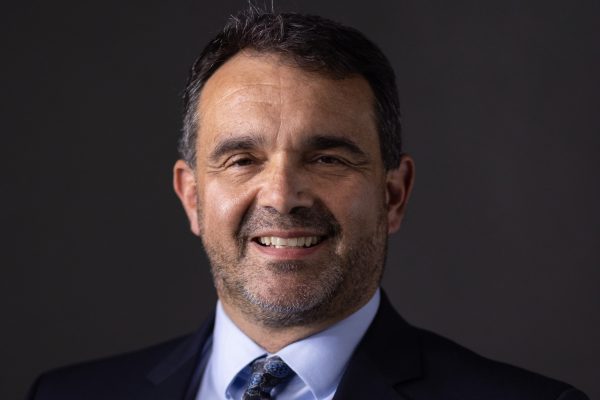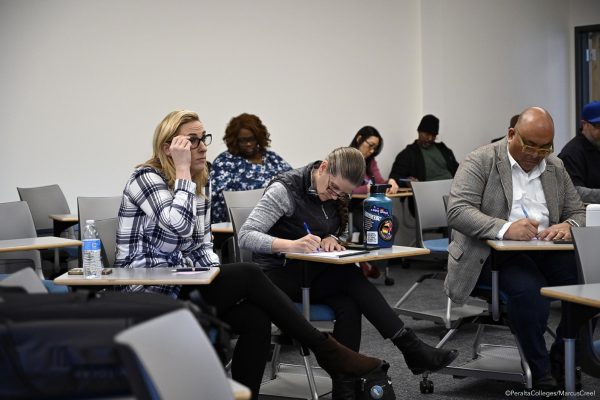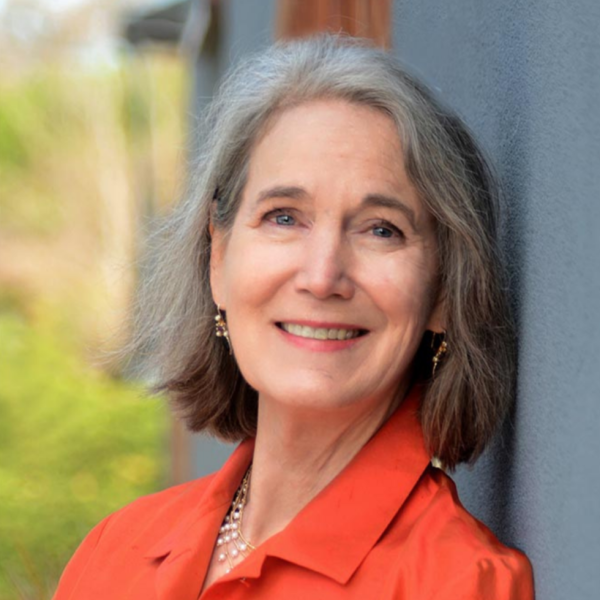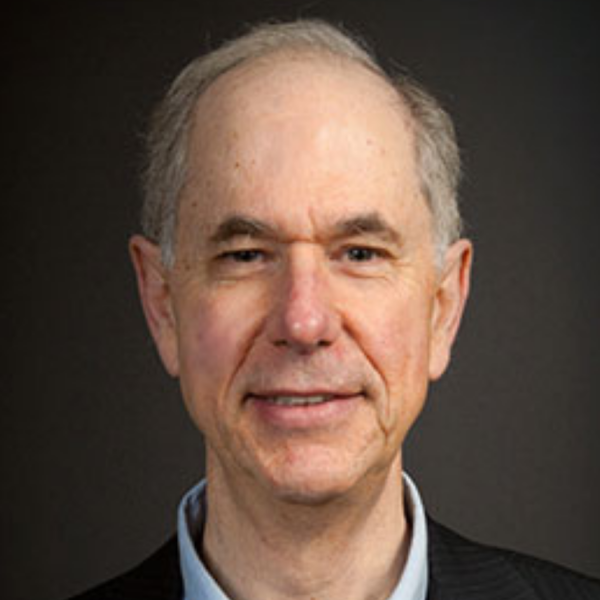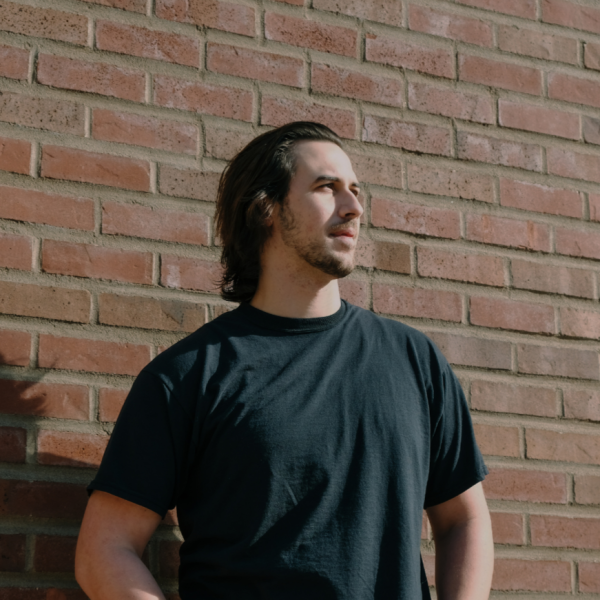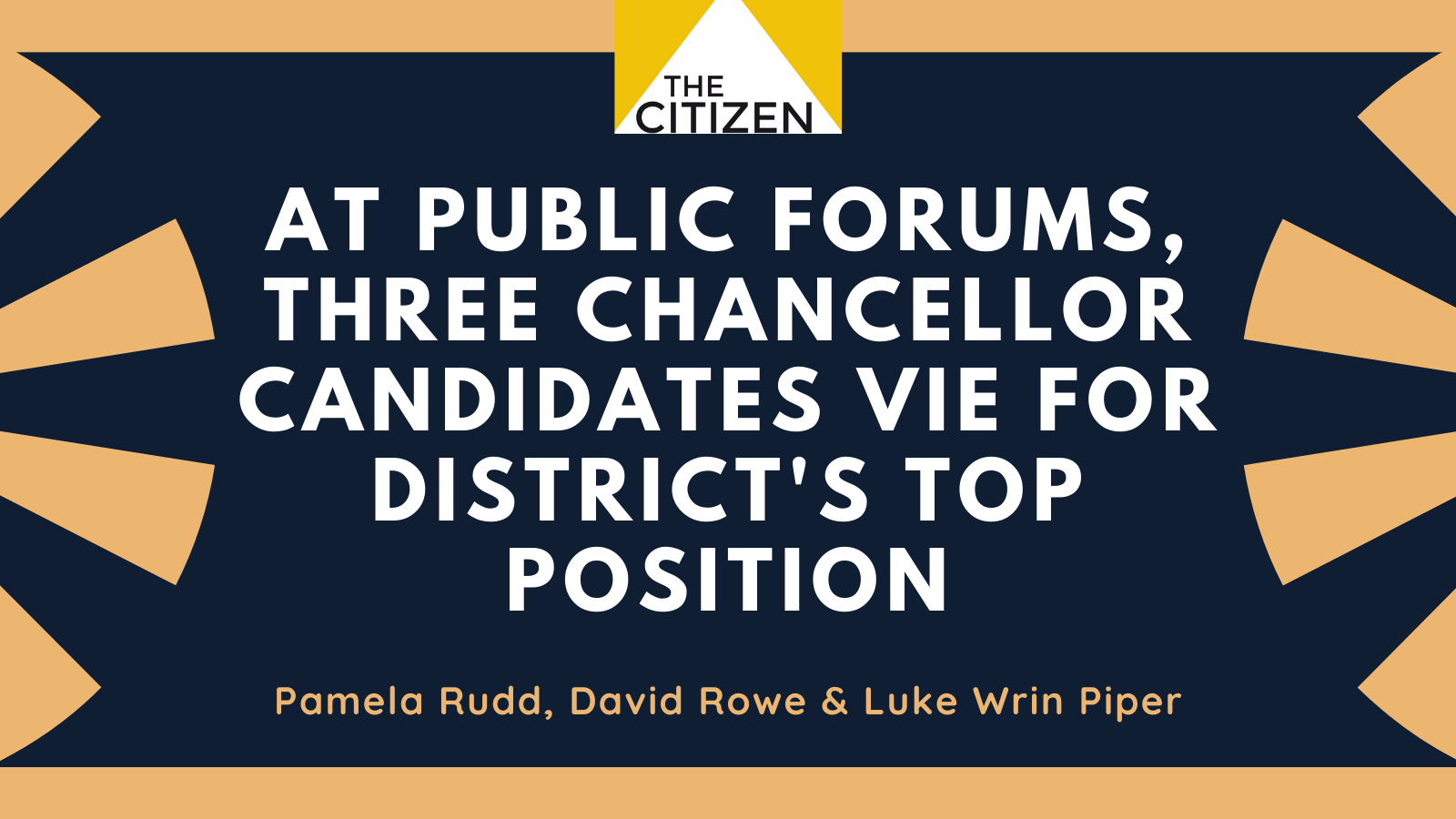
Dr. John Maduko
Pamela Rudd, Opinion Editor
Dr. John Maduko was interviewed on May 27 in front of the PCCD community via Zoom for the position of chancellor. Following some opening remarks, Maduko presented a slide show to address what he believes are the initial priorities for a new chancellor and the strategies for addressing these issues. He then responded to questions from those in the “chat room.”
Unlike the other candidates, Maduko holds a degree in medicine, but says he chose a different career path after his partner became ill and he needed to be home to help with her care and that of his child. Maduko is a first generation American, born to parents from Nigeria, and he grew up in Southern California . He attended undergraduate school at California State Polytechnic University Pomona where he received a B. S. in biology (1999-2004) and a medical degree from St. Matthew’s University School of Medicine in the Cayman Islands (2004-2008).
Maduko opened his interview by acknowledging the anniversary of George Floyd’s murder, and the tragic mass shooting in San Jose. He said he stands in solidarity with the Asian American and Pacific Islander communities, acknowledged all victims of police brutality and those who lost loved ones due to the pandemic. He congratulated recent graduates and alumni for their “strength and resilience” during “ the worst period of our history during our lifetime.”
Currently Dr. Maduko is the Vice President for Academic and Student Affairs at Minnesota State Community Technical College, also known as “M State”. Prior to taking that position in December 2019, he served as the Vice Chancellor of Student Affairs at North Central Texas College from 2017 to 2019. There, he also held the roles of Dean of Health Sciences and Dean of eLearning. Maduko also served as Academic Dean for Rasmussen University in Tampa, Florida and served as Department Chair and Associate Professor of Health Sciences.
Maduko acknowledged “priority number one” for a new Chancellor should be “district stability” and the “fiscal issues and accreditation challenges” raised in the Accrediting Commission for Community and Junior Colleges (ACCJC) and the Fiscal Crisis Management and Assistance Team (FCMAT) report.
These concerns, if not addressed, “leads to the risk of ceding local control to the state,” Maduko stated. His strategy for addressing this issue is to “reduce the number of audit irregularities” with a “compliance and accreditation team” to support the colleges’ fiscal stability. Maduko stressed that this is not to be “punitive”, but to acknowledge each college’s differences, develop “competencies” and to be “supportive” in order “to develop the mechanisms to prevent this from ever happening again.”
Moving forward from the pandemic is another challenge Maduko believes the district faces. He sees that faculty need support and training as they have had “to juggle multiple teaching modalities.” And, that it will be a challenge to bring back students who may not have something “as simple as laptop and broadband.” Maduko expressed his view that the pandemic exacerbated students’ needs for housing, food, childcare, transportation, physical and mental health care and that we will need to assist them to “get them back on their feet.” This may mean, for example, connecting them to social services or providing emergency aid. Enrollment depends on both retention and bringing back the students who may have been lost due to the pandemic.
Maduko emphasized the importance of completing capital projects approved by the community through bond measures, projects such as the Child Development Center at BCC or the Learning Resource Center at Laney. He stressed it was “important to be transparent to the community” and to show that “the funding is being used appropriately and not mismanaged.”
Finally, Maduko acknowledged the deep and “traumatic” wounds facing the district because of the multiple “accreditation challenges over the years, the frequent change of leadership, division amongst internal stakeholders, and the losses in the greater community.” These he believes can be ameliorated by prioritizing students, faculty and staff across the district and listening to and “acknowledging their pain.” “I’m a huge proponent of shared and participatory governance,” Maduko said.
When asked, “How long do you plan to stay in the district? How do you assure people that you will not continue the revolving door at the chancellor position?” Dr. Maduko responded, “This isn’t a stop along the way. This is me coming home. It’s my goal to stay put as long as the district wants me to serve as chancellor.”
Dr. Muddassir Siddiqi
By David Rowe, Associate Editor
In a small move to reverse the recent exodus of Californians to Texas, Dr. Muddassir Siddiqi wants to give up his current residence in Houston to become the next chancellor of the Peralta Community College District in Oakland. Siddiqi, originally from India, has lived in Houston since 2017 when he became the President of Central College in Houston. He was previously Interim President of Morton College in Cicero, Illinois.
In the Chancellor Candidate Forum on May 27, Siddiqi answered questions from Peralta faculty, staff and students via Zoom. The session was moderated by Dr. Richard Wueste and Dr. Kim Bobby of AGB Search, the firm retained by the district to manage the job search for the new Chancellor. Siddiqi was one of three finalists highlighted in the forum.
The first question posed to Siddiqi was “what do you see as the primary issues confronting Peralta community college districts. And what would you do in your first three months to address them?”
Siddiqi, who was also an adjunct professor at various business schools, pulled up a PowerPoint presentation and proceeded to provide a mini-seminar on the topic.
In his 20-minute response, Siddiqi said his focus will be on reversing the downward enrollment trend, closing the achievement gap, achieving fiscal stability, and striving towards operational excellence and sustainability.
Siddiqi closed his response with a quote from a recent Gates Foundation Value Commission report that “a more equitable post secondary education system can build a more just society.”
“This is something I believe in from my heart and from my soul,” said Siddiqi.
Fortunately, his responses to the subsequent questions were more concise.
When asked how he would prioritize projects given Peralta’s limited budget, Siddiqi said “we cannot compromise on teaching.” Embellishing on that point, he stated “as long as we have classrooms, safe and sound, all the technologies available to students, teachers in the class teachers are ready to teach the class, they have all the resources. I think that is the starting point for any investment in community colleges.”
Asked about his experiences with collective bargaining, Siddiqi referenced his contributions to the City Colleges of Chicago which, like Peralta, was on probationary status in 2014. “I worked with collective bargaining members, classified staff members and administrators. And we successfully submitted responses through the board. And we successfully came out after one year from probation,” Siddiqi said.
When questioned about his knowledge of California laws, Siddiqi said he has already spent some time studying them and is a “fast learner.”
In response to a question about the importance of student media, Siddiqi said there are multiple student-oriented channels at Central College including a newsletter, a Facebook page, and forums conducted by the Student Government Association. “So all these outlets are very important to learn about student needs, and let them celebrate their achievement and their success,” Siddiqi concluded.
Asked about building housing on community college property for homeless students, Siddiqi said he was in favor of the idea but “this is something I need to learn and investigate.”
Siddiqi is in favor of the use of unarmed security teams, the approach currently being employed by the Peralta district. He implemented the same model in Houston and insisted that security officers take sensitivity training in order to avoid “unnecessary use of power in handling a small problem.”
When asked for his opinion on the importance of technology in education, Siddiqi referred to his 13 years of experience in the private sector and to his degree in Electrical Engineering. Siddiqi recently implemented a Microsoft Customer Relationship Management (CRM) solution “that tracks every step of students at Houston Community College System from the prospect to entry, duration, and their deployment or placement, the job and transfer the four year school, so we can see a total picture of where our students are right now.”
Siddiqi concluded his portion of the forum by saying he views the Peralta Chancellor position not as a job but as “a mission.” That mission, he says “is to make sure every high school student in the Peralta district…do(es) not go away after high school” but attends one of the Peralta colleges instead.
Dr. Richard Storti
By Luke Wrin Piper, Managing Editor
Dr. Richard Storti, currently the most local of the three candidates for Peralta’s next chancellor, closed out Thursday’s public forums with an appearance that focused on race, enrollment and trust within the community and ranks of Peralta, as well as the need for a solid financial strategy for the future.
Storti began his presentation with opening remarks, in which he first thanked the community for being present with him over Zoom and lamented the fact that in-person forums were still not a possibility.
According to a bio provided by the Peralta district, Storti has “many civic committees and commissions,” while currently serving in Fresno County as vice chairman of the Countywide Oversight Board of Fresno County, a board member of the Oversight Board in Kings County and is a member of the West Hills Community College Foundation. At Fullerton College, he was vice president of administrative services and an adjunct instructor. He was assistant superintendent of Pasadena City College and has also spent part of his career at “financial and administrative positions” in the private sector.
Storti has been Deputy Chancellor at West Hills Community College District in California’s central valley since December 2018. The college’s motto “Once you go here, you can go anywhere,” seems to be one Storti took to heart during the forum, citing his work with the West Hills Board of Trustees as a basis for why he would succeed in his work with Peralta’s board.
“I think I’m very well prepared to work with the Peralta board, and any board for that matter,” Storti said. “ It takes time to develop those relationships and cultivate that trust.”
When asked how long he plans to stay at Peralta if selected, Storti replied, “I would love to complete my career working as the chancellor at Peralta,” noting that he has at least seven to ten professional years left.
Peralta’s public and professional reputation has wavered recently in the midst of financial woes, state accreditation worries and a high turnover rate of chancellors — four in two years.
He spoke about the difficulties of the last 15 months of the Covid-19 pandemic while noting that Governor Newsom had recently disclosed a “large surplus in the California fiscal position.” He moved on to how the crisis of the pandemic has allowed the deep seated racism that “either consciously or subconsciously” grips the American character to rear its head in violent ways.
“Hate crimes and racism cannot be tolerated,” Storti continued.
As with the other candidates, Storti was asked what he would do at Peralta during his first three months in the district’s top position. Preserving the health and safety of students and staff, raising morale across the district, celebrating the successes of all those in the district and making a financial plan for the future were mentioned as early priorities for his time here.
“I would look at making sure that the morale is strong. People are motivated. Our students are motivated, our students have the support and services that they require in order to complete their educational journeys,” Storti said, adding that everyone from faculty to classified staff to administrators need to “feel valued in the work that they’re performing. As educators, we’re providing a tremendous benefit to society, to our students.”
Storti, who is a licensed Certified Public Accountant (CPA), included his view of our current financial situation in regards to state funding.
“I’ve seen that [Peralta] is currently seeing about a $7-$9 million benefit because of the hold harmless clause. But when that clause goes away, that amount of funding will disappear unless the district and its colleges are able to increase the enrollment levels of the colleges.”
Storti laid out a plan to address Peralta’s continuing decline in enrollment, focusing on growing class sizes and seeking more funding from the state. “If a district is able to grow its enrollment, there’s a very high likelihood that it will receive (state) funding for that. So it really becomes a decision based on do we invest in the class schedule, offer more classes, different programs,” Storti said.
When discussing Peralta’s current accreditation process, Storti revealed that he has been a part of internal as well as visiting accreditation teams in the past and is immediately familiar with the process Peralta is currently undergoing.
When asked about facilitating cooperation amongst the district’s governing bodies, Storti spoke about a situation he faced as a vice president at Fullerton College in which the school had $300 million in bond money to be spent on building requests that approached one billion dollars, by Storti’s estimation. He explained how he set up a task force consisting of “faculty, classified staff, administrators, students” to determine where and how the money should be spent to update the college facilities.
“It’s important to engage the college communities, engage the district, engage the community,” Storti said. “Seek input from community members, business leaders, about what the highest priority needs are.
At one point, moderator Dr. Richard Wueste from AGB Search who co-hosted alongside Dr. Kim Bobby noted the high volume of questions for Storti regarding race.
Storti said that he would use his experience working with Umoja and Puente programs at Fullerton and Pasadena City College to further expand Peralta’s own programs that benefit and support people of color. He did not say whether he would or wouldn’t support the teaching of critical race theory as a class, which was one of several questions asked in a row.
“We need to use education as a transformational experience for our students, and as educators, I believe it’s our responsibility to make sure that we’re doing everything we can to provide an opportunity for our students to attend courses and attend (a) college that is free of racism,” Storti said, encapsulating the tone of his responses regarding race.
Storti was a finalist for the West Hills Community College District chancellor position as of March 2021, but the district ultimately selected another.
A special board meeting has been called for tomorrow June 3 at noon for the expressed purpose of conducting interviews of the chancellor candidates. Those who wish to make a public comment must register here by the start of the meeting.

